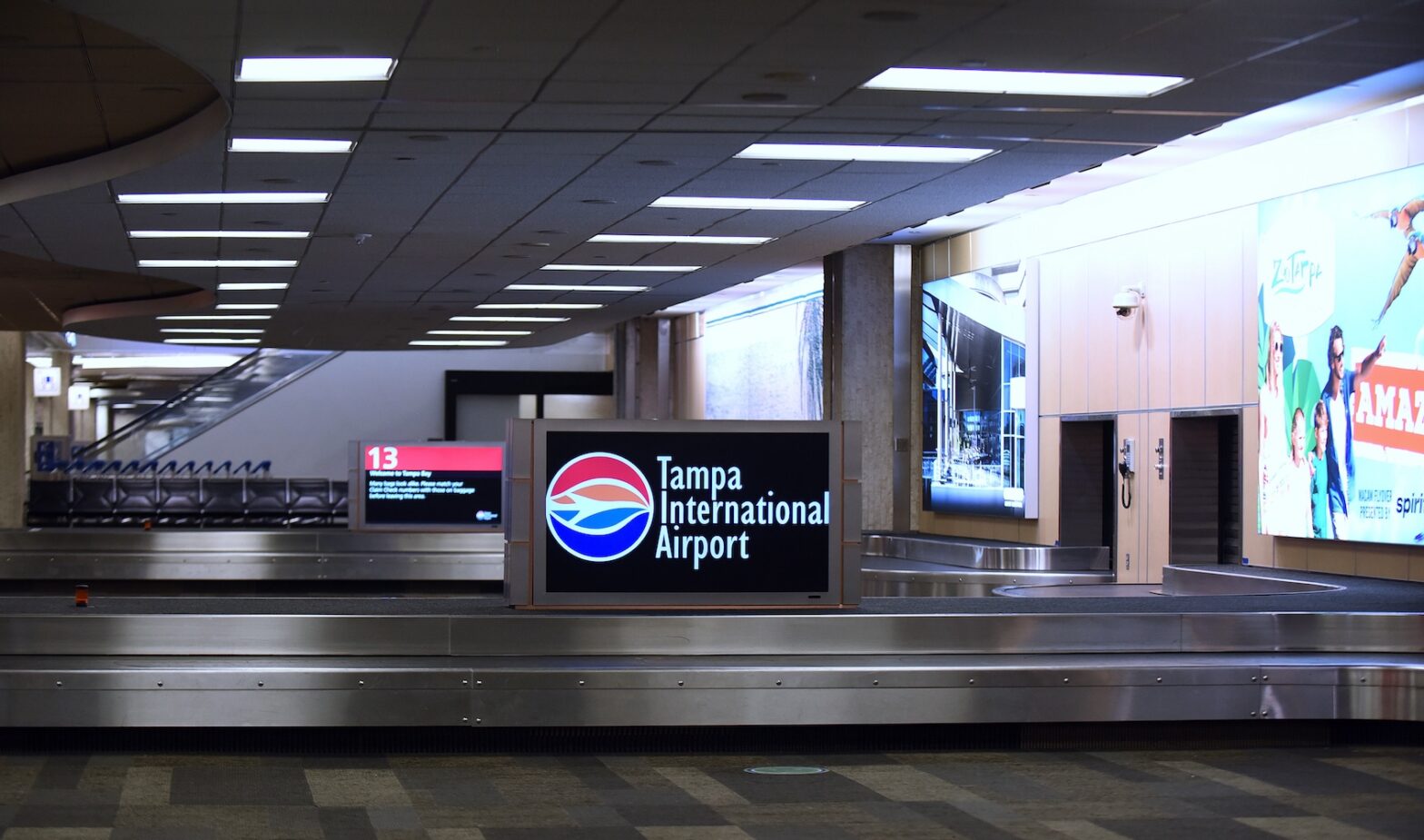Hurricane Milton is due to severely disrupt air travel during and after its expected landfall in Florida later this week.
Tampa International Airport will stop flight operations at 9 a.m. on October 8. Travelers departing before then are encouraged to leave their cars at home. Parking garages will be closed until the airport’s reopening.
“Travelers are urged to heed emergency management advisories and pay close attention to public safety alerts,” said the flight hub. “Currently, [Hurricane] Milton is forecast to bring potentially catastrophic storm surge, high winds and heavy rain to Tampa Bay and all of Florida’s Gulf Coast.”
St. Pete-Clearwater International Airport has stated it will be closed after its last flights leave on October 8. The flight hub encouraged travelers to contact their airlines for more detailed information. All flights on October 9 and 10 will be canceled.
Orlando International Airport will be closed on October 9. Miami International Airport, Fort Lauderdale-Hollywood International Airport, Palm Beach International Airport, and Jacksonville International Airport plan on staying open.
What Do We Know About Hurricane Milton?
As of this report, Hurricane Milton has intensified to a Category 5 storm. According to NBC News, the hurricane is expected to reach its peak the morning of October 8, before making landfall in Florida the following day. When the storm hits the Florida Gulf Coast, it’s expected to be a Category 3.
On October 7, the National Hurricane Center said Hurricane Milton had “explosively” intensified with 175 miles per hour winds. “Residents in Florida are urged to follow the advice of local officials,” the source stated.
In addition to airport closures, Hurricane Milton has also prompted NASA to delay a SpaceX rocket’s launch to Jupiter’s moon, Europa. The governmental agency had scheduled the send-off for October 10.
The storm’s predicted wrath comes as Florida and other Southeast states continue reeling from Hurricane Helene’s intense destruction. The latter storm landed in Florida in late September and has since claimed over 230 lives. Travelers have been advised to avoid certain regions and national state parks.





